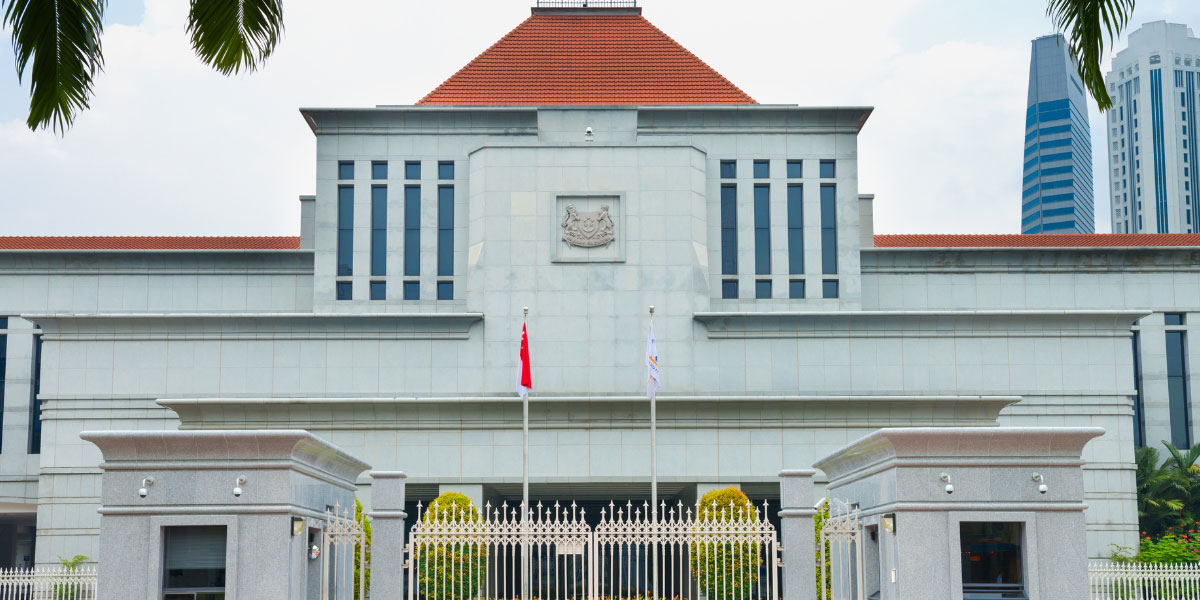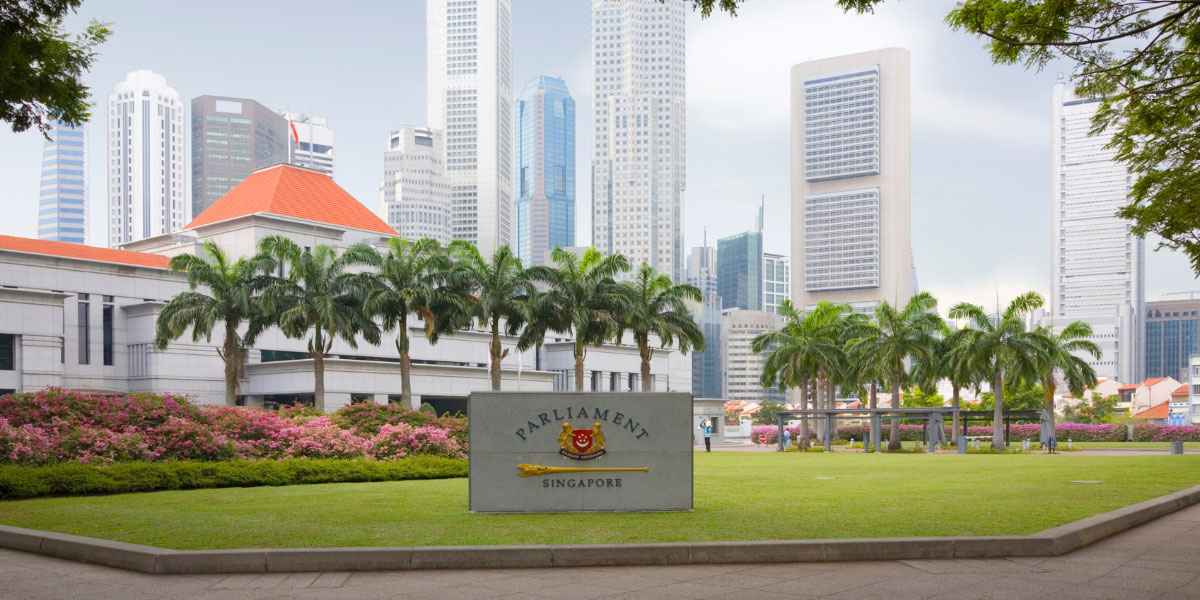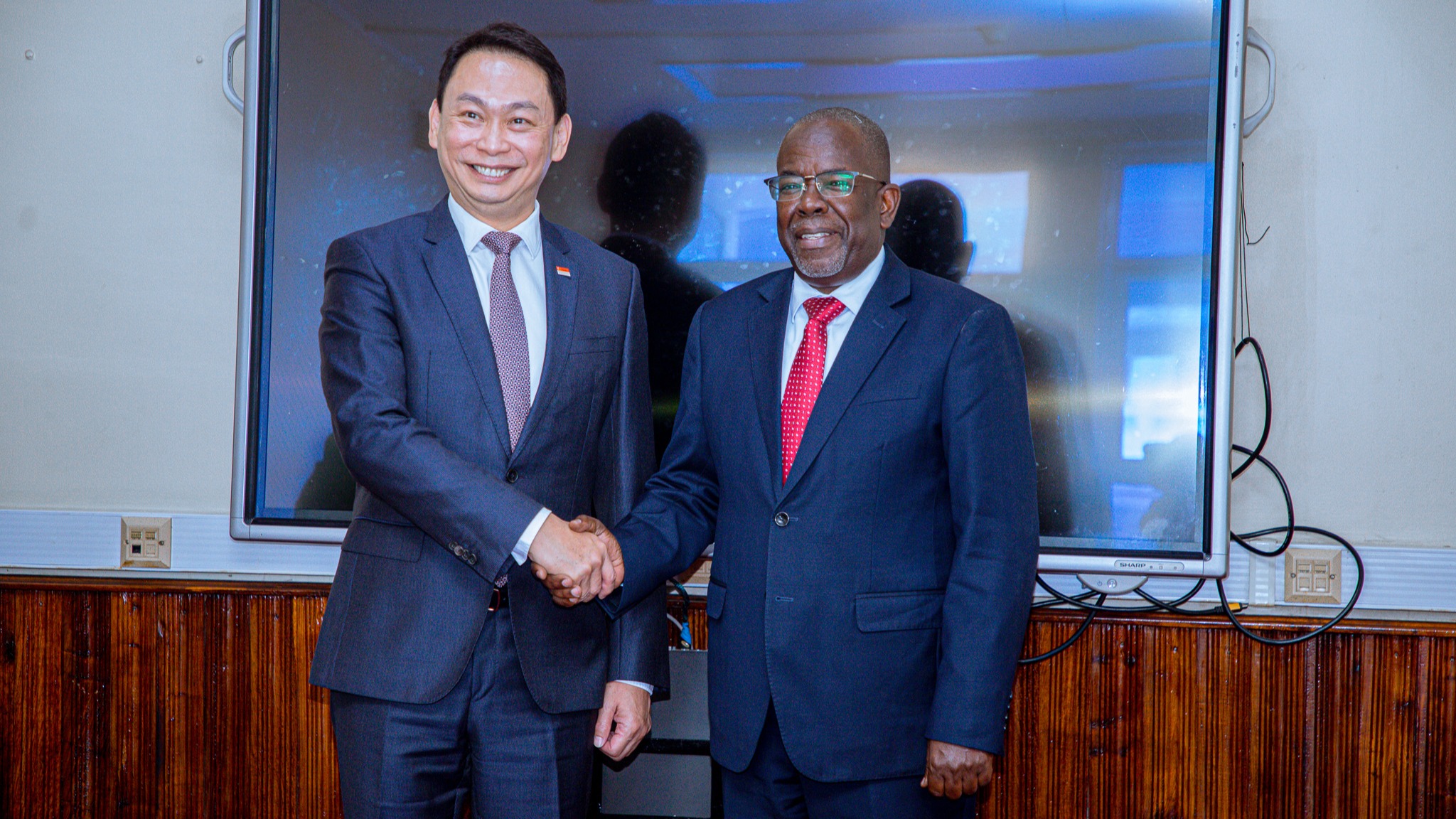The Inland Revenue Authority of Singapore (IRAS) released updated guidance clarifying the CIT Rebate for the Year of Assessment 2024 and the CIT Rebate Cash Grant On 24 July 2024.
As announced in Budget 2024, to help companies manage rising costs, a CIT Rebate of 50% of the corporate tax payable will be granted to all taxpaying companies, whether tax resident or not, for YA 2024. Companies that have employed at least one local employee in 2023 (referred to as “local employee condition”) will receive USD 2,000 in cash payout (referred to as “CIT Rebate Cash Grant”). Such companies will therefore receive a minimum benefit of USD 2,000. The maximum total benefits of CIT Rebate and CIT Rebate Cash Grant that a company may receive is USD 40,000 and it will be granted as follows:
- If company meets local employee condition and receives CIT Rebate Cash Grant of USD 2,000
- If CIT Rebate ≤ USD 2,000, no CIT Rebate to be given.
- If CIT Rebate > USD 2,000, CIT Rebate (capped at USD 40,000) less USD 2,000 to be given.
- If company does not meet local employee condition and does not receive CIT Rebate Cash Grant of USD 2,000
- If CIT Rebate > USD 0, CIT Rebate (capped at USD 40,000) to be given.
CIT Rebate Cash Grant
The CIT Rebate Cash Grant is to provide support for smaller companies which would otherwise receive little or no CIT Rebate. To be eligible for the CIT Rebate Cash Grant, a company must have met the local employee condition, that is, the company has made CPF contributions to at least one local (Singapore Citizen or Permanent Resident) employee, not including shareholders who are also directors of the company, in the calendar year 2023. Companies, whether tax resident or not, that have met the local employee condition will automatically receive the CIT Rebate Cash Grant by the third quarter of 2024. The CIT Rebate Cash Grant is also extended to registered business trusts and variable capital companies, whether resident or not, that meet the local employee condition. The CIT Rebate Cash Grant will not be taxable.
For the purpose of determining whether a company meets the local employee condition for CIT Rebate Cash Grant, a local employee may include an individual who is deployed to the company under a centralised hiring arrangement or secondment arrangement, subject to the following conditions:
- The company is able to produce supporting documents on the recharging of employment costs for any period in the calendar year 2023 by a related party, in respect of the individual working solely in the company for that period.
- The corporate structure and centralised hiring practices are adopted for bona fide commercial reasons.
- The individual whose costs have been recharged to the company does not contribute to the requisite headcount of the related party (which had borne the upfront manpower costs) for that period.
Some examples of centralised hiring arrangements include:
- Deployments where the Human Resources function of a group of companies is centralised in a single entity, with the staff costs (including CPF contributions in respect of employees) allocated to the respective entities.
- Secondments, where employees are seconded to work for a related company. Once seconded, the staff costs are fully recharged to the related company.
If your company has met the local employee condition under a centralised hiring arrangement or secondment arrangement and did not receive the CIT Rebate Cash Grant by the third quarter of 2024, you may email us via myTaxMail by 30 Nov 2024 with the subject line ‘Appeal for CIT Rebate Cash Grant’. In your email, please provide the supporting documents for the work arrangement and recharging of employment costs for our review.
CIT Rebate
The CIT Rebate will apply to income taxed at a concessionary tax rate but will not apply to income that is subject to a final withholding tax. The CIT Rebate is also extended to registered business trusts and variable capital companies.
Your company’s chargeable income declared in its Corporate Income Tax Returns (Estimated Chargeable Income (ECI) and Form C-S/ Form C-S (Lite)/ Form C) should not include the CIT Rebate. While assessments raised based on ECI will not factor in the CIT Rebate, IRAS will compute and allow the CIT Rebate automatically in the company’s YA 2024 tax assessment based on the Form C-S/ Form C-S (Lite)/ Form C submitted by the company. Where YA 2024 tax assessments have been finalised (e.g. advance assessments) and impacted by the tax changes, IRAS will issue the amended notices of assessment by 31 August 2024.














